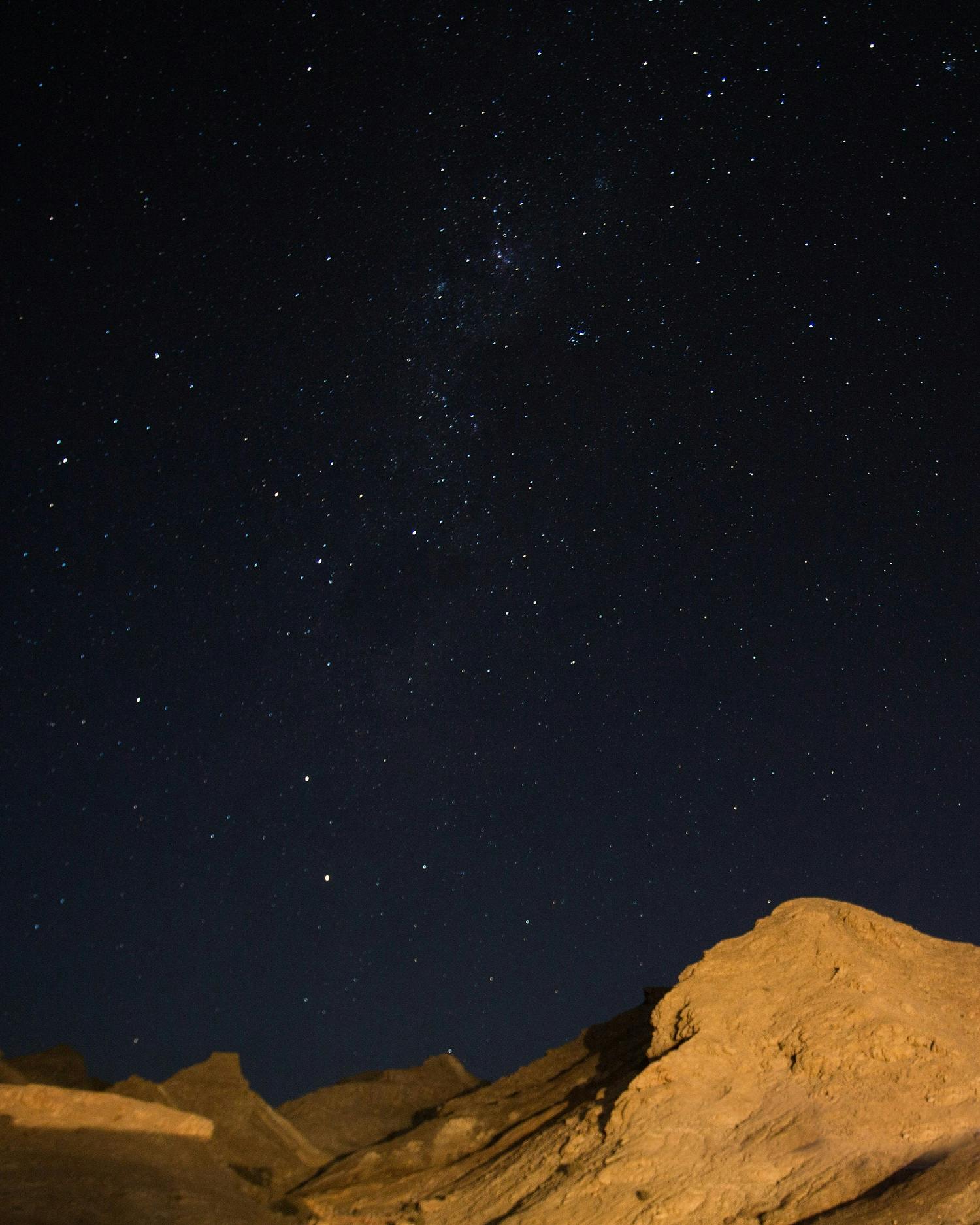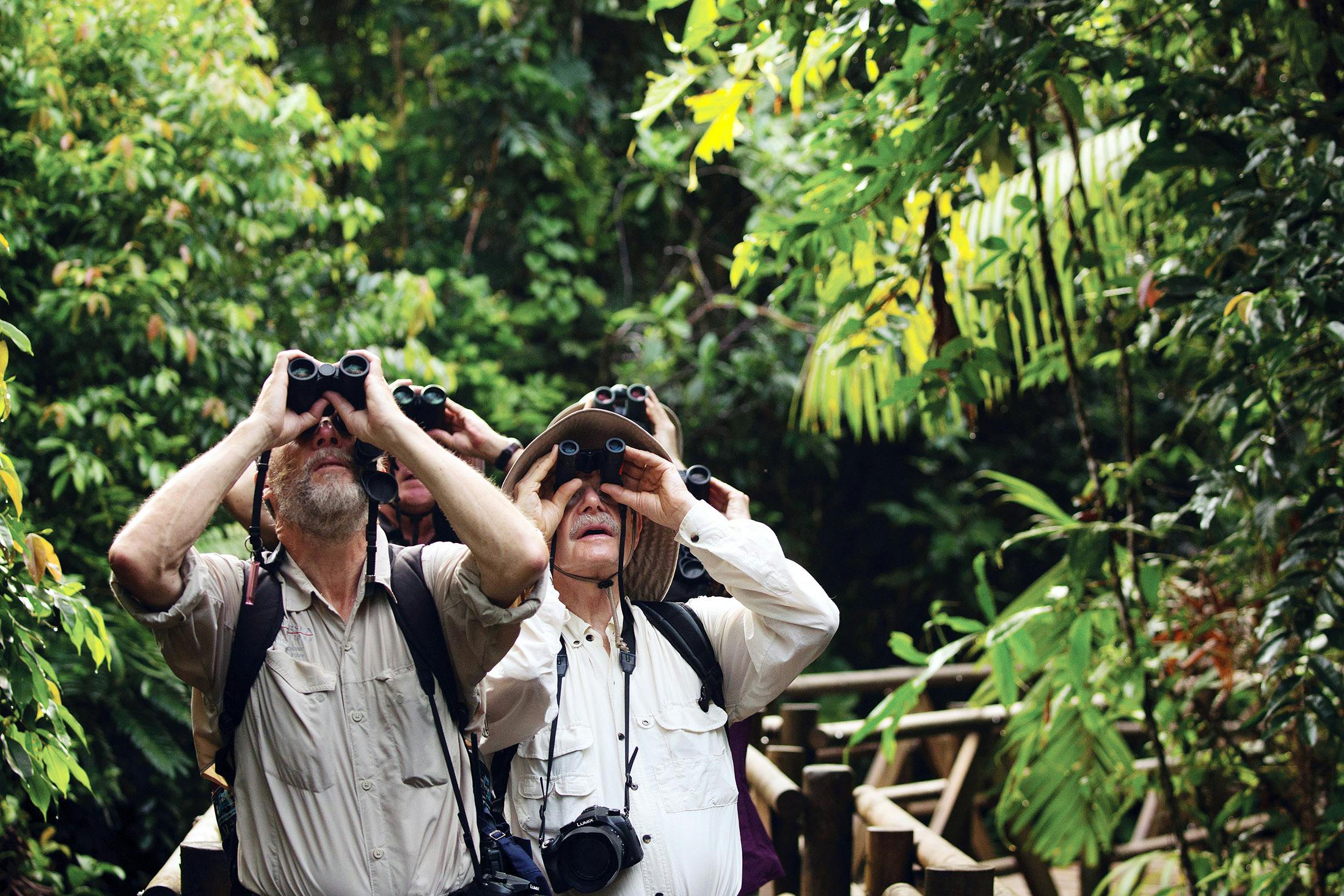6 Portable Hobbies That Enable You to Travel Deeper
Deep travel is about being so present and immersed in your surroundings that you register every sound and flavor, the unique feel of a place’s air on your skin and the ever-changing slant of light. Instead of rushing to mark off museums and monuments on a checklist, slow travel leaves you with meaningful memories and a genuine connection with a destination and its people.
How does a traveler realize this goal? While being open and in the moment helps, having hobbies you can do anywhere provides a unique way to connect with cultures and landscapes all over the world. Adopting a hobby that overlaps with travel will promote an authentic means of interaction and give you a special lens on each moment you experience. Read on to discover six travel hobby ideas that will facilitate more immersive experiences and enable you to travel with a purpose.
1. Photography
Everybody snaps photos when traveling. But if you take the time to learn a little more about your camera and photo composition, your photos will drastically improve—as will your appreciation of a destination’s beauty. Like artists, good photographers slow down and pay close attention to what’s in the frame. “Photography enables you to experience a destination in a deeper, more meaningful way, as it trains your eye to seek out finer details,” says photography expert Lucia Griggi. “It encourages you to form a type of narrative, which builds your emotional engagement to your surroundings.” With that kind of focus, you’ll notice the quality of light, the smile on a face and the lines of buildings, thus bringing you closer to the authentic beauty of a destination.

2. Sketching
Whirlwind travel can leave you with the unsatisfied feeling of barely scratching the surface of a culture. Sketching makes you slow down and interpret your surroundings. It’s a highly portable hobby, since all you need is a sketchpad and pencils. It’s also a magnet for conversation—people will want to come over and see what you’re drawing. Discussing destination-specific topics encourages us to consider a place from various perspectives, as we absorb the knowledge and opinions of others.
3. Music
Whether you’re a musician or a music appreciator, songs and rhythms are like the heartbeat of a culture. Music has deep roots in human society, going back at least 35,000 years. Music hobbyists can attend performances on their travels, whether listening to the traditional bera drums of Sri Lanka or witnessing the fantastic spectacle of Chinese opera. Live performances align with the deep travel tenet of being present and in the moment. The audience shares the experience of listening to musicians play a tune, knowing that no two performances will ever be the same.

4. Birding
The world has more than 10,000 different bird species that live in virtually every habitat, according to BirdLife International. From puffins in Iceland to flamingos in Chile, you’re almost guaranteed to see birds on your travels. Exploring the world by understanding the behaviors of these fascinating creatures—from learning what a Peruvian Pelican eats to where a Blue-footed Booby nests—also helps you understand the local ecosystems. Taking the time to appreciate these winged marvels cultivates a sense of awe towards Mother Nature.
5. Wine Tasting
Wine tasting goes way beyond sniffing, swirling and swallowing. There’s enough to learn about techniques and terroir to keep the intellectually curious busy for a lifetime. The study of wine connects us to human history, from the Middle East and Europe, the tradition-bound birthplaces of wine, to the maverick techniques of New World winemakers. In-depth attention to terroir—the soil, climate and other environmental conditions of a region—enhances one’s sense of place.

6. Star Gazing
Humans around the world have studied the night sky for millennia. “Just as we look up and see patterns and stars that immediately demand our attention, ancient peoples recognized those stars and constellations that seemed particularly bright, useful and beautiful,” explains Alexandra Edwards, a Silversea Expedition Expert and specialist in cultural anthropology. But as you travel around the globe, even the same constellations appear different depending on your geographic location and the season.
The name a culture gives to a particular constellation also reflects its different myths and particular beliefs, meaning stargazing incorporates anthropology, archaeology, and history. “Learning about the social and practical uses given to particular stars reveals a lot about our human nature and the extent of human ingenuity,” Edwards adds. Remember to pack a pair of astronomical binoculars and let your fellow travelers have a peek at the stars. After all, stargazing is among the most rewarding hobbies and offers a compelling way to build human connections.

